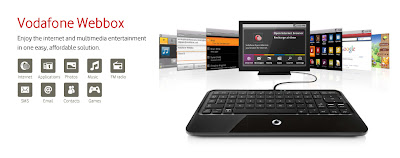Nokia is now the world's second largest handset vendor thanks to Samsung
The bean counters at Strategy Analytics have done their due
diligence, poured their data into a spreadsheet, and have come to the
unsurprising conclusion that Nokia simply isn’t what
it used to be. Having shipped just 82.7 million handsets in Q1 2012,
Samsung’s estimated 93+ million handsets mean that the South Korean handset
vendor has, for the first time ever, become the world’s largest mobile phone
vendor. We say “estimated” because Samsung doesn’t report shipment numbers.
They stopped doing that a while ago, so that 93 million figure is nothing more
than an estimate. And we also say “unsurprising” because two weeks ago we filed a
report fromReuters that pretty much said what Strategy
Analytics is saying today.
“Nokia’s
global handset shipments declined a huge 24 percent annually to 82.7 million
units in Q1 2012. Volumes were squeezed at both ends, as low-end feature phone
shipments in emerging markets stalled and high-end Microsoft Lumia smartphones
were unable to offset the rapid decline of Nokia’s legacy Symbian business.
Nokia was the world’s largest handset vendor between 1998 and 2011, for 14
years, before finally yielding top position to rival Samsung this quarter.” –
Neil Mawston, Executive Director at Strategy Analytics
“As
volumes contracted in key developed markets like Western Europe and North
America, global handset shipments grew just 3 percent annually to reach 368.0
million units in Q1 2012. Samsung was the star performer, shipping 93.5 million
handsets worldwide and capturing a record 25 percent . Five years
after it captured the number-two spot from Motorola, Samsung has finally become
the world’s largest handset vendor in volume terms.” – Alex Spektor, Associate
Director at Strategy Analytics
Volume is one thing, profits are a whole different story. We’re
still waiting for the breakdown of who in the mobile industry is actually
making money, but to tell you the truth we’re expecting a repeat of Q4 2011,
where Apple took 80% of the
chips on the table, Samsung took 15%, and the rest was fought over by the smaller players.
Via: into Mobile



Comments
Post a Comment
Be sure to check back again because I do make every effort to reply to your comments here. Karibu :)